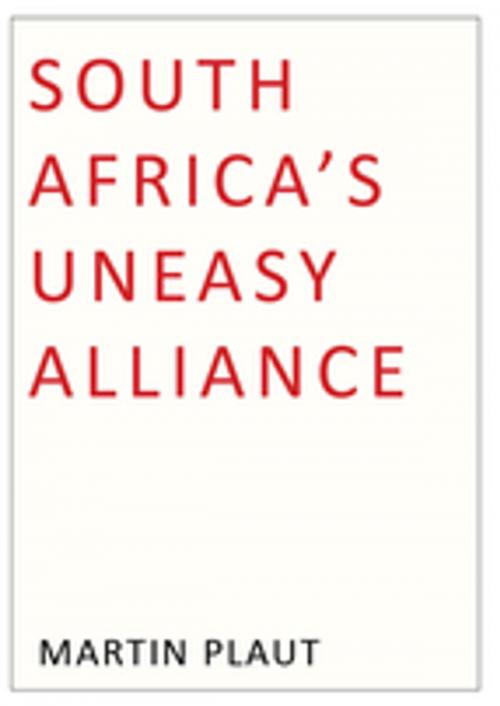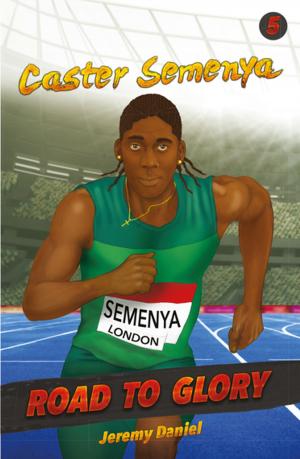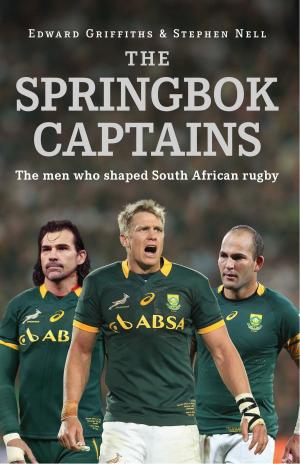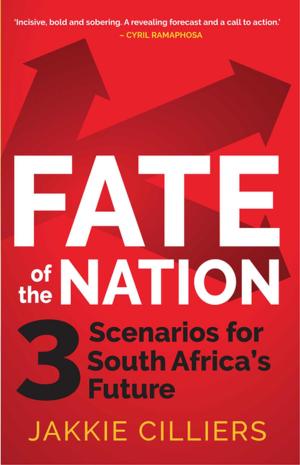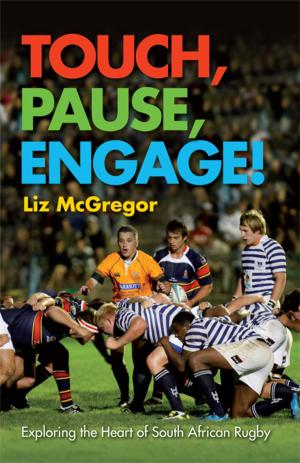South Africa's Uneasy Alliance
Nonfiction, Social & Cultural Studies, Political Science, Politics, Leadership| Author: | Martin Plaut | ISBN: | 9781868425556 |
| Publisher: | Jonathan Ball Publishers | Publication: | October 31, 2012 |
| Imprint: | Jonathan Ball | Language: | English |
| Author: | Martin Plaut |
| ISBN: | 9781868425556 |
| Publisher: | Jonathan Ball Publishers |
| Publication: | October 31, 2012 |
| Imprint: | Jonathan Ball |
| Language: | English |
The communist party in South Africa began as a revolutionary movement. In exile in the 1960s and 1970s it took on significance its numbers never warranted through its relationship with the Soviet Union and the weapons it brought to the armed struggle. Today it worries that it has been absorbed into the ANC machinery of government, without being able to retain its own identity.
The unions of Cosatu were born out of the fight against poverty level wages of the 1970s. Their culture comes from the shop-floor and the democracy of the shop steward movement. They played a critical role in ending apartheid through their links with the United Democratic Front and the grassroots groups in the townships.
African Nationalism, Marxism-Leninism and popular democracy are never easy ideological partners. Yet the Alliance has survived and flourished. The cost of this relationship has been endless disputes. While each element of the Alliance pledges its support for the greater good, it fights for its own corner. The history of post-apartheid South Africa is littered with examples of how this has been played out. The overthrow of President Thabo Mbeki by Jacob Zuma in 2007 would have been unthinkable without the complex web of relationships that were developed within the Alliance.
As the ANC moves towards its elective conference in Mangaung in December 2012, tensions within the Alliance are at breaking point once more. In theory this is a purely internal ANC party issue. But candidates for the top job are battling it out and the support of the unions and the Communist Party is a critical element in their campaigns. These battles can only be understood in the context of the Alliance – an extraordinary but poorly understood movement.
The communist party in South Africa began as a revolutionary movement. In exile in the 1960s and 1970s it took on significance its numbers never warranted through its relationship with the Soviet Union and the weapons it brought to the armed struggle. Today it worries that it has been absorbed into the ANC machinery of government, without being able to retain its own identity.
The unions of Cosatu were born out of the fight against poverty level wages of the 1970s. Their culture comes from the shop-floor and the democracy of the shop steward movement. They played a critical role in ending apartheid through their links with the United Democratic Front and the grassroots groups in the townships.
African Nationalism, Marxism-Leninism and popular democracy are never easy ideological partners. Yet the Alliance has survived and flourished. The cost of this relationship has been endless disputes. While each element of the Alliance pledges its support for the greater good, it fights for its own corner. The history of post-apartheid South Africa is littered with examples of how this has been played out. The overthrow of President Thabo Mbeki by Jacob Zuma in 2007 would have been unthinkable without the complex web of relationships that were developed within the Alliance.
As the ANC moves towards its elective conference in Mangaung in December 2012, tensions within the Alliance are at breaking point once more. In theory this is a purely internal ANC party issue. But candidates for the top job are battling it out and the support of the unions and the Communist Party is a critical element in their campaigns. These battles can only be understood in the context of the Alliance – an extraordinary but poorly understood movement.
